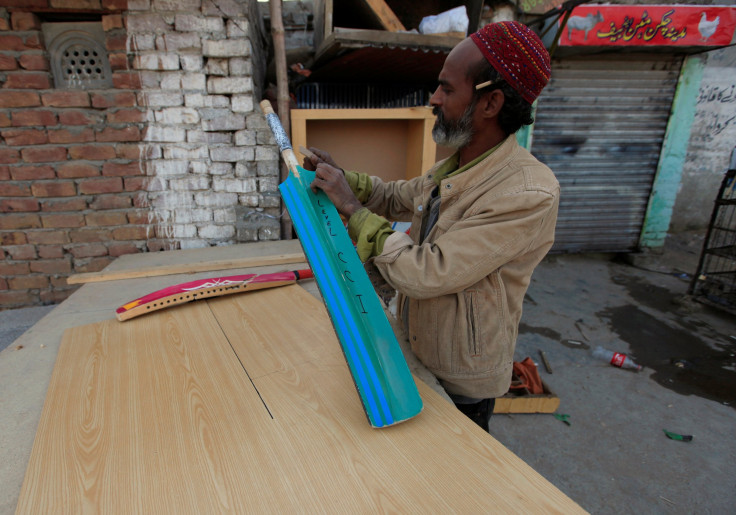Study shows Western Australians are unhappiest at work; older, female employees are more satisfied

A new study has found that Western Australians, along with Victorians, are the unhappiest at work. The report indicates that only 28 percent of Bushrangers and Sandgropers were "very satisfied" with their jobs.
The analysis, which was conducted by Curtin University and Making Work Absolutely Human, suggests that 35 percent of Tasmanians respondents are happy in the workplace. Titled “The happy workers: How satisfied are Australians at work?” the study also revealed that a higher salary didn’t guarantee satisfaction in the workplace. The study had also found that women are happier at work than men, with 31 percent of women who said they were satisfied at work compared to 27 percent of men.
Furthermore, the report indicates that workers at age 70 and above are the happiest at work. Gen Yers are the unhappiest, with only 24 percent who obtain satisfaction from their jobs, while Gen Xers are at 28 percent followed by Baby Boomers with 33 percent.
People working in the “bush” are happier than those who head to Australian cities for work. Thirty-eight percent of those who work in the bush said they are satisfied with their jobs while 27 percent of those who work in the city feel the same.
Associate Professor Rebecca Cassells from the Curtin Business School, the report author, said the study revealed that working conditions may contribute to job satisfaction. She explained that those who work for themselves or in small businesses, as well as Australians who can do their work at home, are more likely to feel satisfaction with their jobs. Even those who work in not-for-profit or government sectors are likely to be happy. Cassells added that the trade-off between happiness with particular aspects of a job and dissatisfaction with others is clear.
Meanwhile, Making Work Absolutely Human CEO Rhonda Brighton-Hall pointed that the outcome of the study suggested that a higher salary did not necessarily equate to happiness in the workplace. She explained that job satisfaction comes with what workers do, how workers are able to go about their work and who are alongside the employee that matters the most.
"Work is a core component of our existence, our identity, our financial independence, and ultimately, our overall well-being,’ she said. She added that a fun workplace where employees feel valued can increase both productivity and innovation, Watoday.com.au reports. It can also lessen unwanted outcomes like employee absenteeism, workplace grievances and staff turnover.
Video Source: YouTube/Talks at Google






